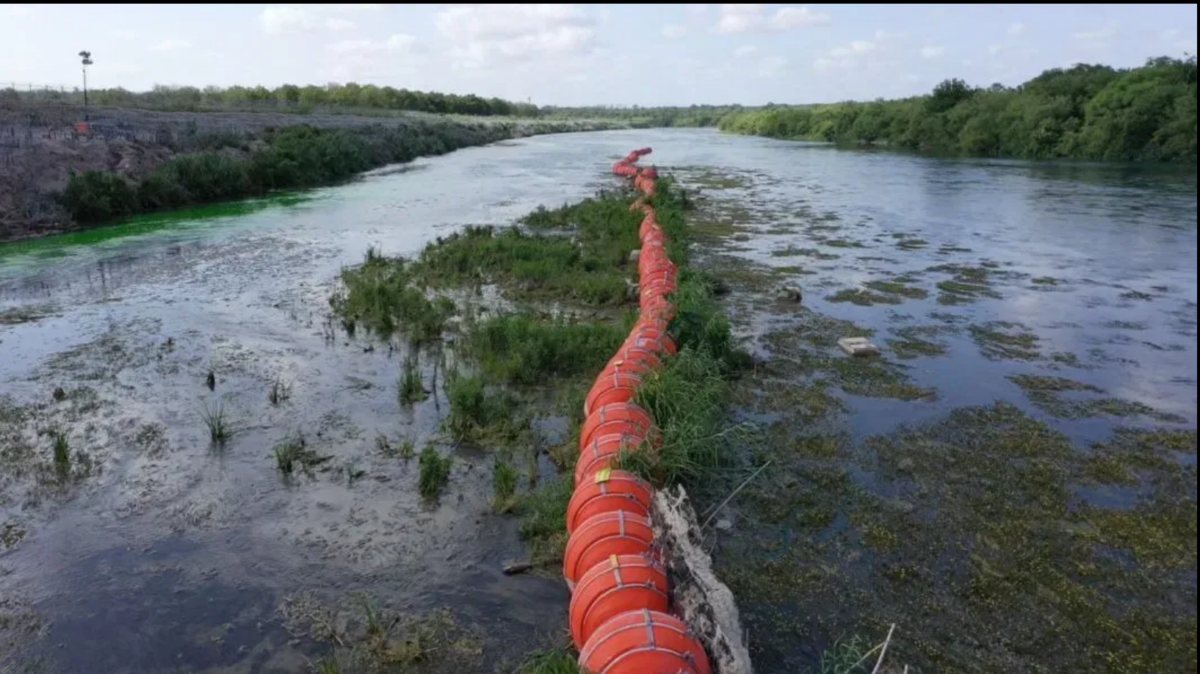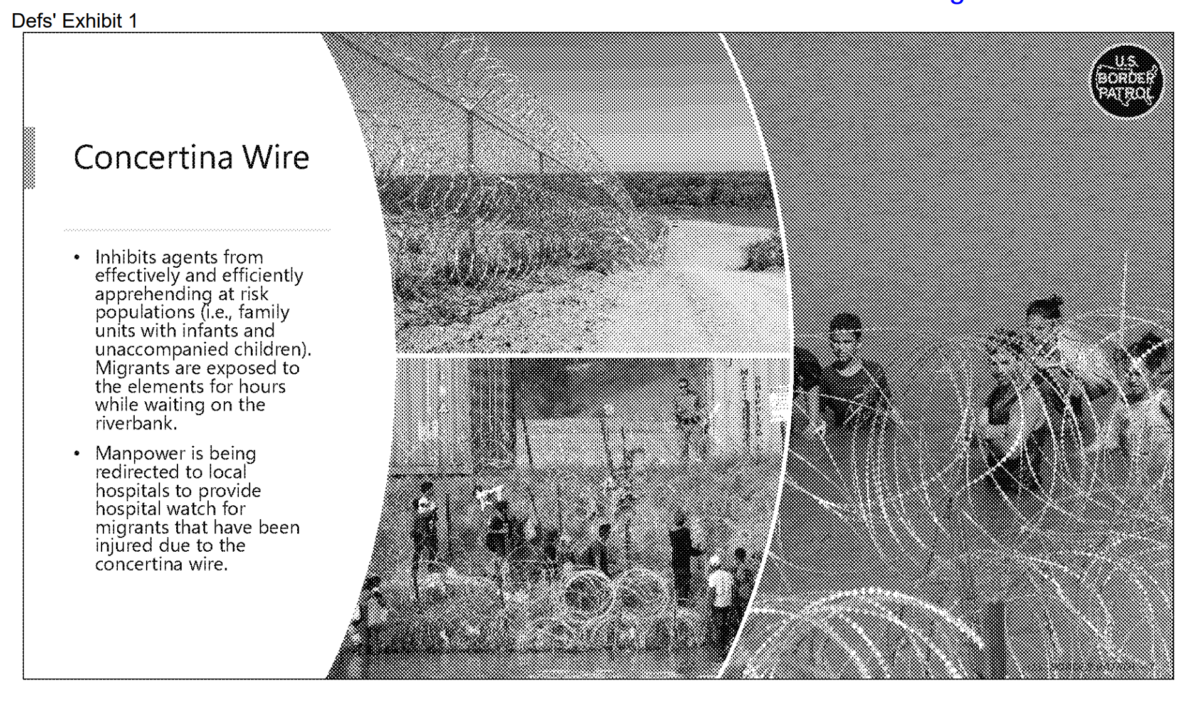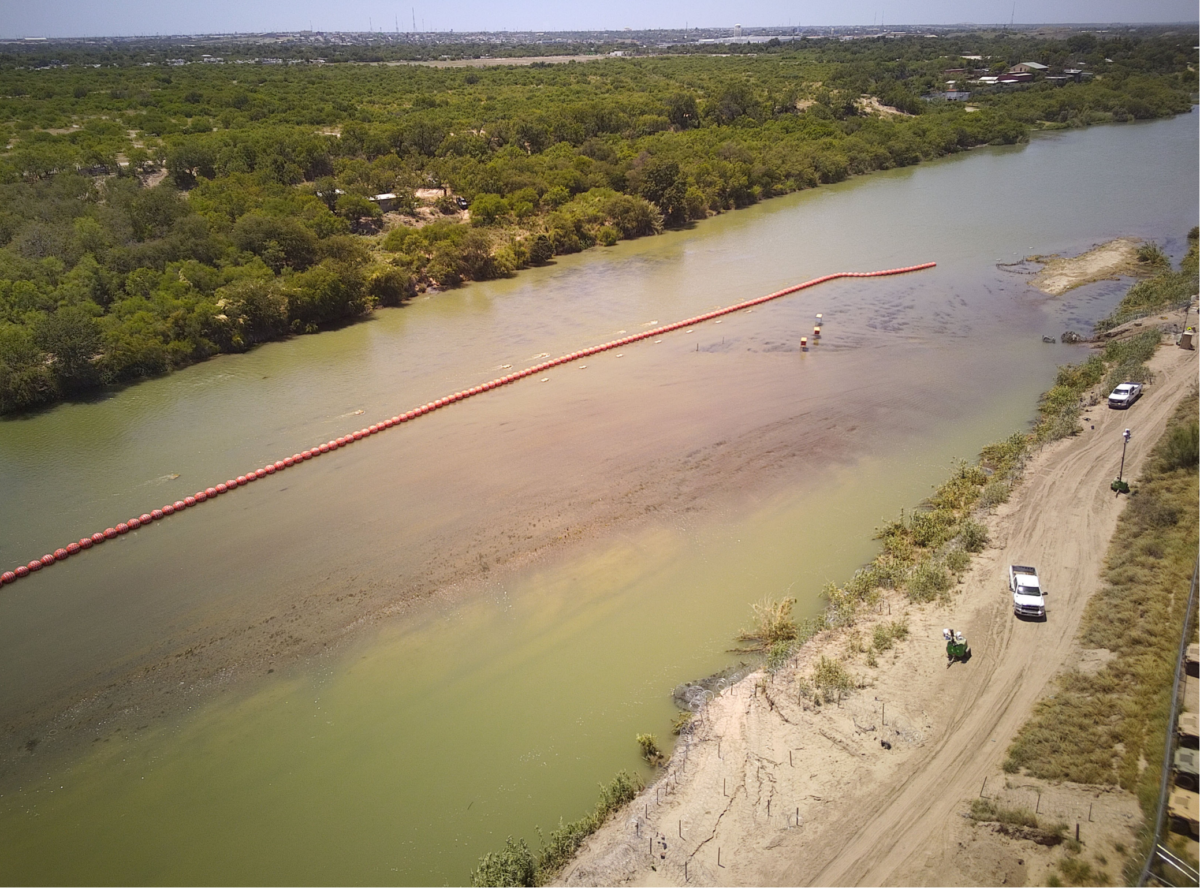Among the appalling, thoughtless, reckless, and inane executive orders trump issued on Day One, the one considered the most *bonkers is the one to end birthright citizenship. Yes, is it is true that for over a 130 years, courts have deemed that birthright citizenship is protected by the 14th Amendment, which states: All people born […]




